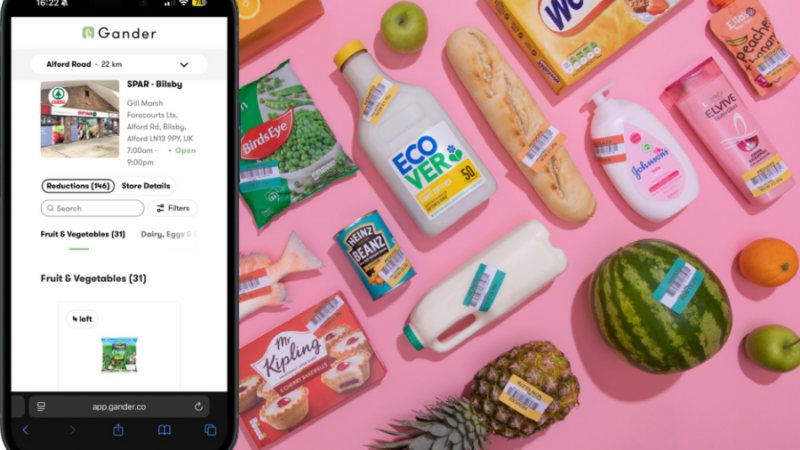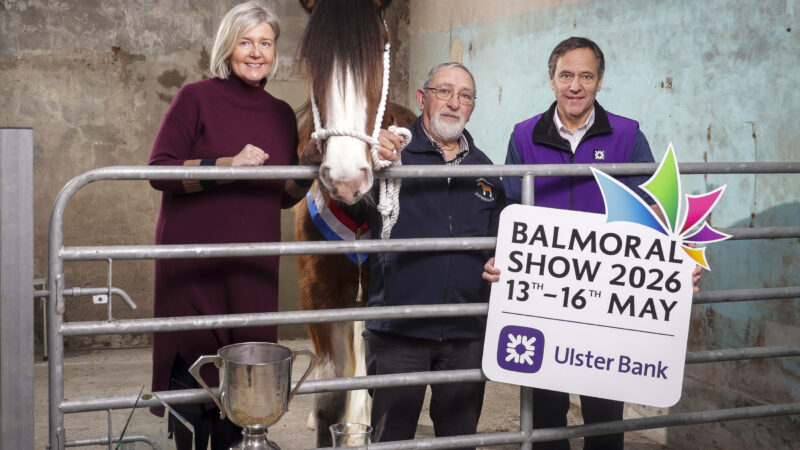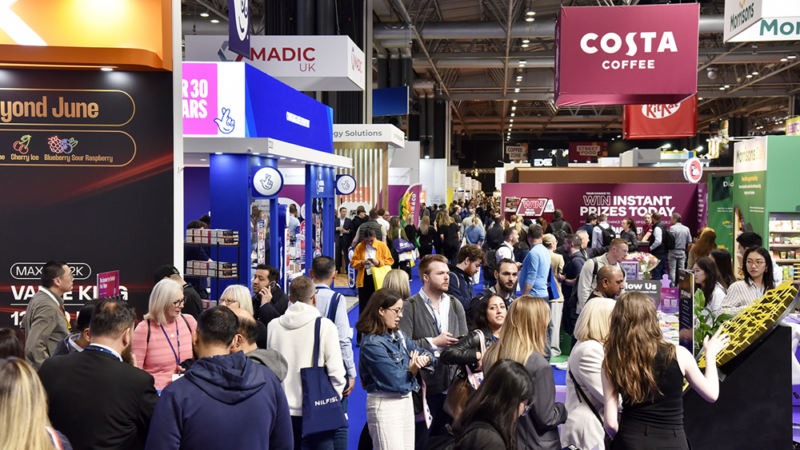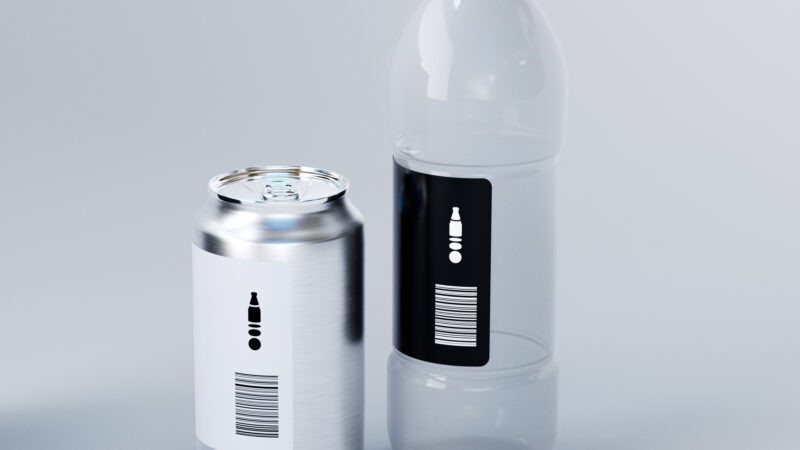Full implementation of the Protocol means paperwork could take eight times as long M&S
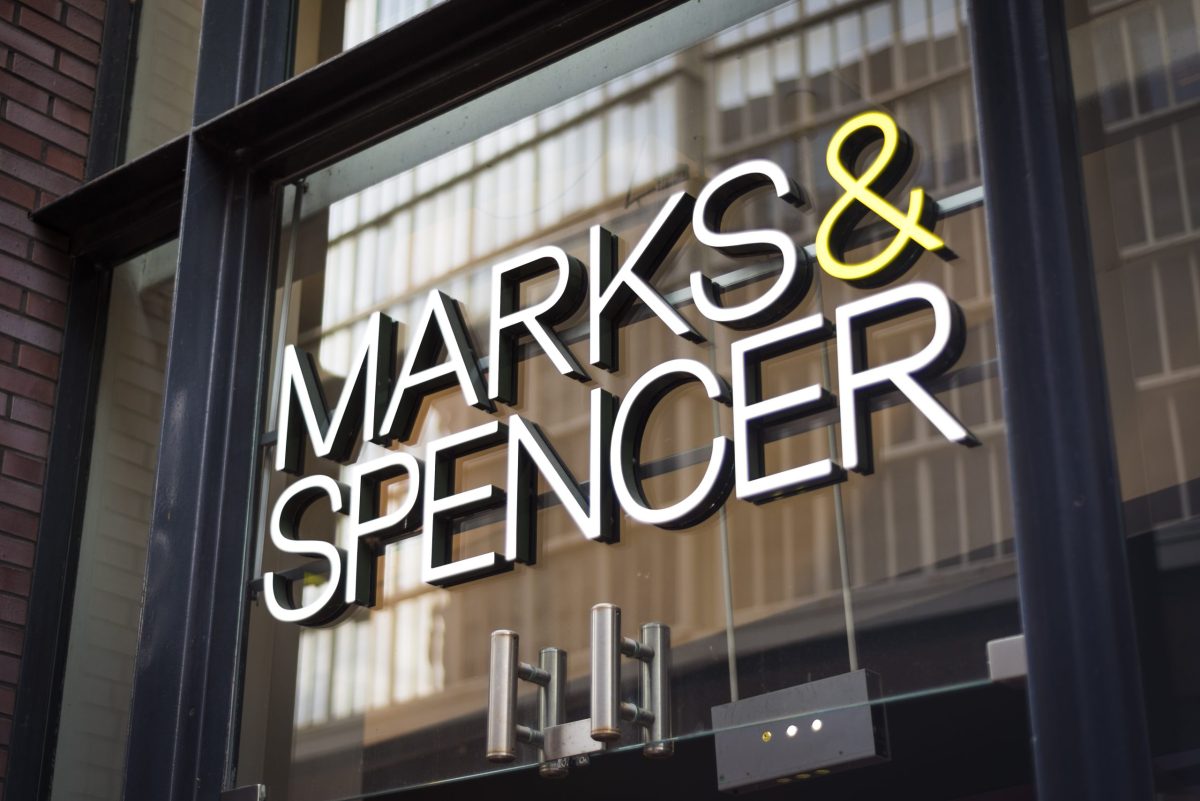
Marks and Spencer has had to withdraw about 600 lines of goods from its stores in Ireland since Brexit, the House of Lords has been told.
Sacha Berendji, the retailer’s Ireland and Northern Ireland director, also said that it had faced increased costs and wastage due to new rules and administration.
He was giving evidence to the House of Lords Protocol on Ireland/Northern Ireland sub committee in Britain on Wednesday.
Full implementation of the Northern Ireland Protocol could lead to paperwork taking eight times as long, he said.
Some vans that required six documents before Brexit now require 600, and there is a “substantial difference” between exporting goods to Northern Ireland and the Republic of Ireland.
At present easements in Northern Ireland mean that it takes approximately 20 people just one hour to process food shipments.
However, if the protocol was fully implemented it could take the same amount of people eight hours because of the sheer amount of paperwork required.
Despite this, there is a silver lining, whereby more than 450 products sold in M&S stores across the island of Ireland are now sourced in Ireland.
Mr Berendji told the House of Lord’s Sub-Committee on the Protocol that their stores in the Belfast area, along with Glasgow, have some of M&S’s highest food market shares in the entire company.
He told peers that the impact on their operations in the North, where a number of grace periods to rules within the Northern Ireland Protocol apply, had been significantly less than in Ireland.
He said: “Pre-Brexit, our food supply chain worked in exactly the same way for all our stores in the United Kingdom and Ireland, once Brexit came in, and in preparation for it, we had to significantly adjust our supply chain.
“While our business is significant in Ireland, it isn’t big enough to stand up its own supply chain in Ireland so the vast majority of our goods continue to to be shipped from GB over to Northern Ireland and the Republic of Ireland.
“In order to facilitate this we had to create a new export centre in Motherwell. All of our product for export to Northern Ireland and the Republic is now shipped into Motherwell; previously it was in our regular depots.
“At Motherwell, those vehicles are separated and despatched to Northern Ireland and the Republic.
“In Northern Ireland it is much simpler but, in both countries, the impact has been that we have needed to move from what we call day one to day two.
“Previously goods would have come into our depot on the evening before and be shipped out ready for sail the following morning.
“The process now requires an extra 24 hours in our export centre which means that we have taken one night’s life out of all the product we ship which clearly has had an impact on shelf life for our customers.”
Mr Berendji added: “We have also seen an availability impact, less so in Northern Ireland but still there. But in our Republic of Ireland stores there are about 600 lines out of around 7,000 that we are not able to export, which we need to find a different solution for.
“Therefore, the net impact for our customer has been that we have seen worse availability in both countries, although markedly worse in the Republic of Ireland, and higher waste levels for us.
“On top of that, the cost of setting up the operation has cost us around £30m (€35m) of additional costs for the island of Ireland.”
“It takes up to 20 people an hour to despatch every vehicle to with the correct documentation to Northern Ireland. That number is eight hours for the Republic of Ireland.
“Every single item on our load to Republic of Ireland needs to be certificated every single day.
“We have looked at other options and we have built and recruited a local sourcing team for the island of Ireland and there are around 450 products we are now sourcing locally, including short shelf-life products like sandwiches.”

